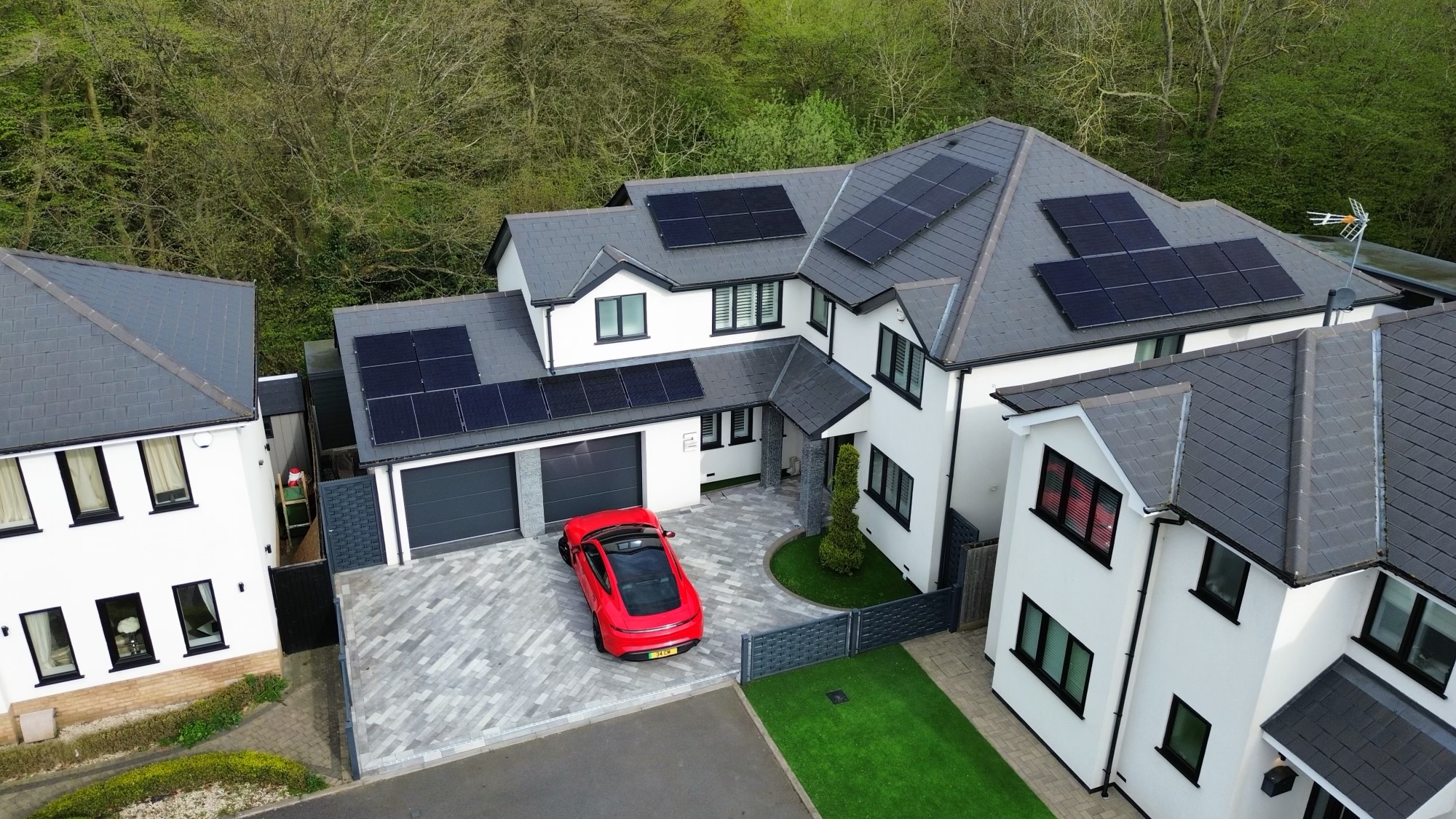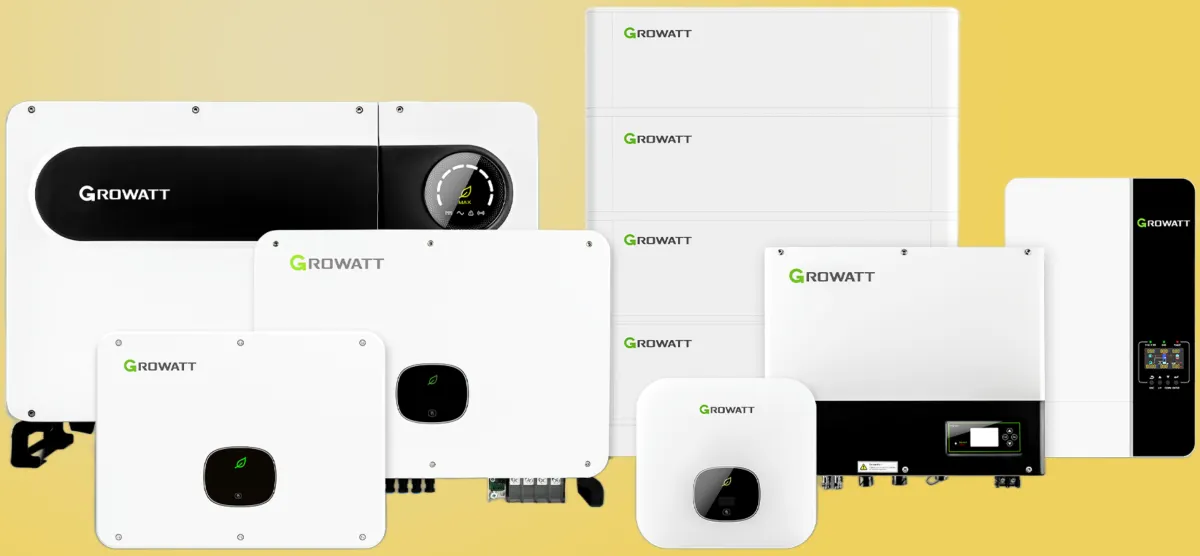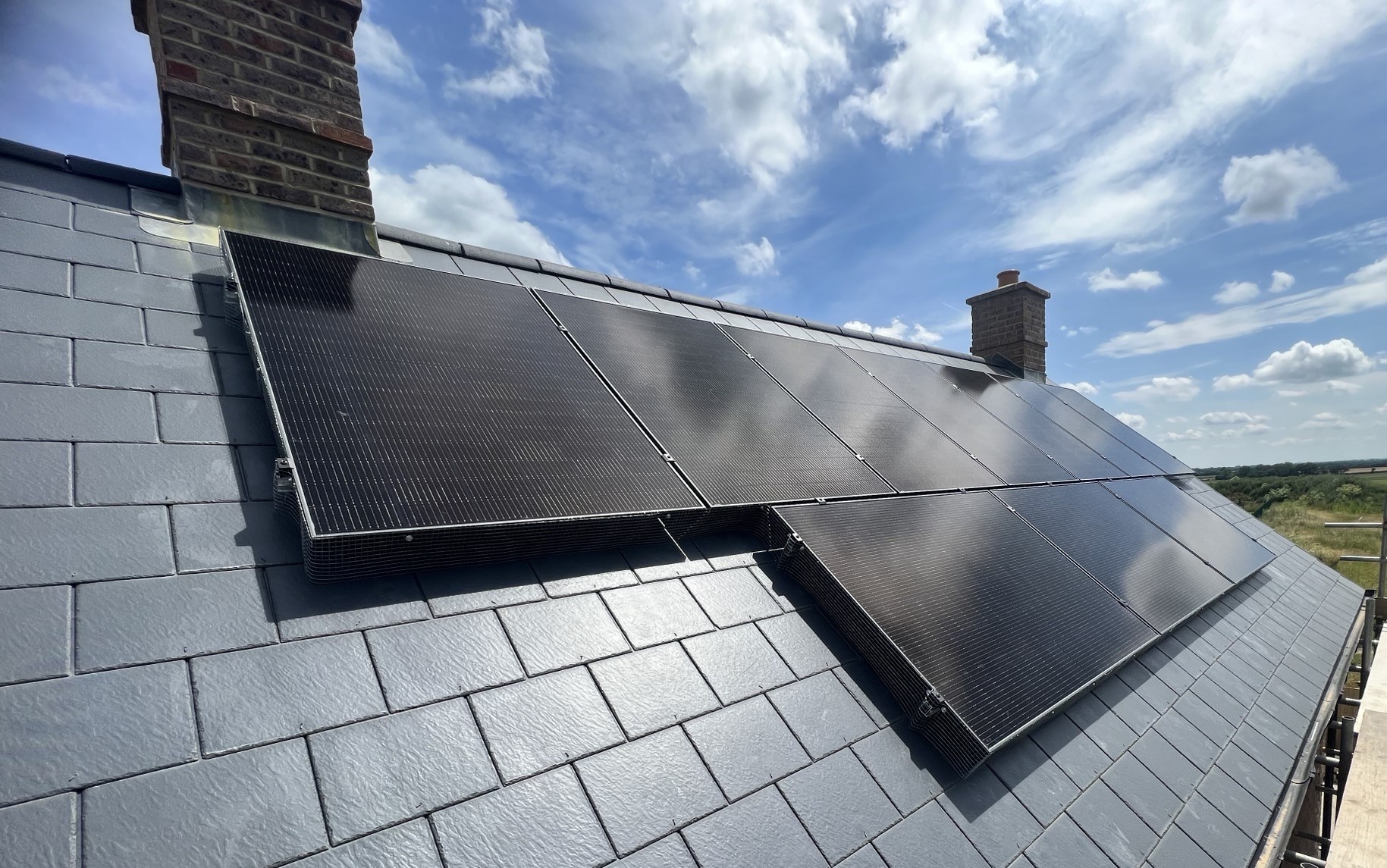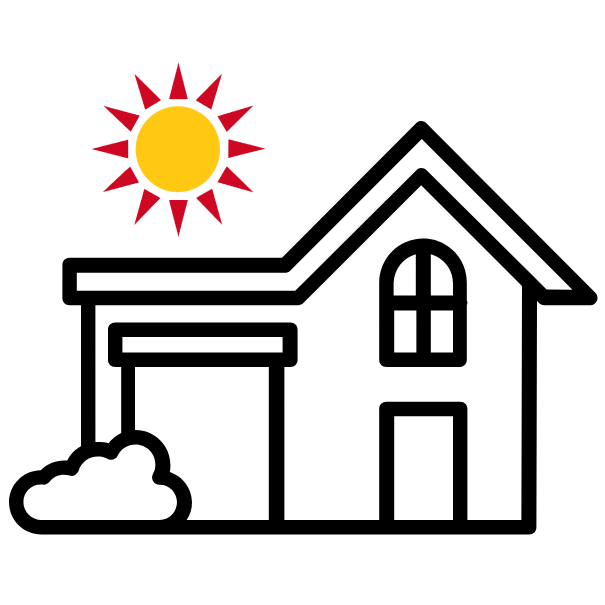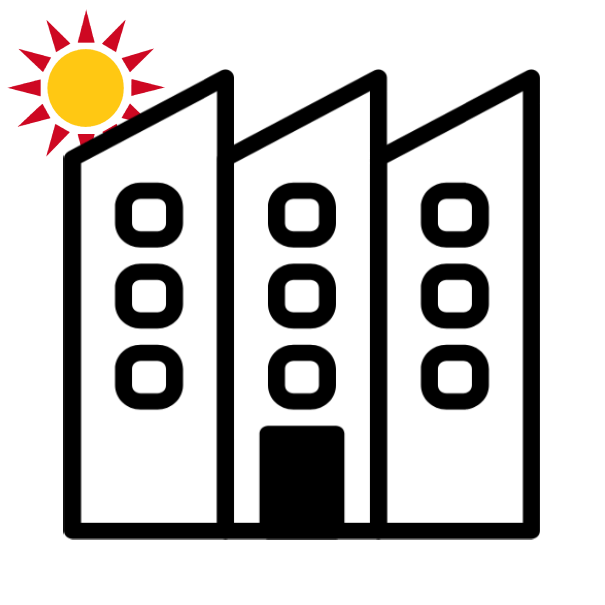The ultimate guide to solar inverters for homeowners
You may not be aware, but a solar panel inverter is one of the most important parts of a solar panel system, without it the electricity generated would not be useable in your property and couldn’t be exported to the electricity grid.
What are solar inverters and how do solar inverters work?
An inverter for solar panels is essential as it converts the electricity generated by the solar panels from Direct Current (DC) to Alternating Current (AC). AC power is what the electricity grid uses and all your appliances, lighting and electronic devices. The solar inverter is the bridge between your solar panels and your electrical wiring system, allowing the electricity to be converted before being fed into your property’s electrical wiring safely.
The inverter regulates the flow of the electrical power and switches the direction of flow to a rapid back and forth output through a transformational process. This conversion process is done by power transistors such as Insulated Gate Bipolar Transistor (IGBT), which creates a pulse wave of different widths to create a pseudo sine wave of varying frequencies, known as AC power.
This process of converting the electricity generated protects your electrical equipment from being damaged, as it is designed to operate on certain voltages and frequencies.
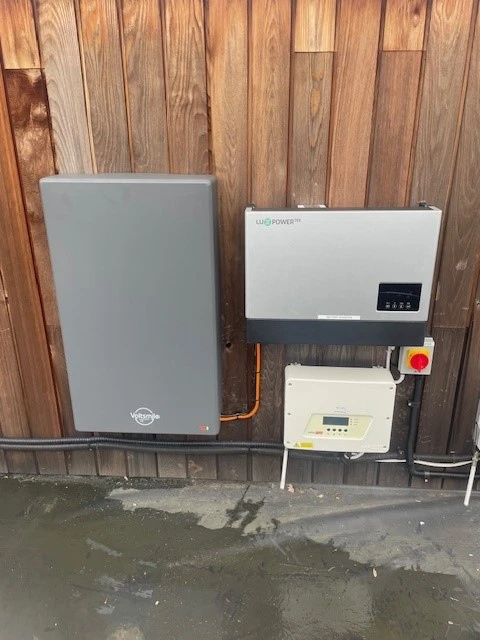
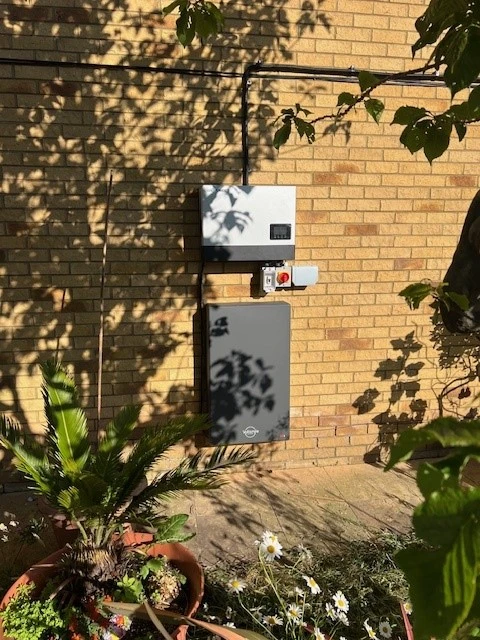
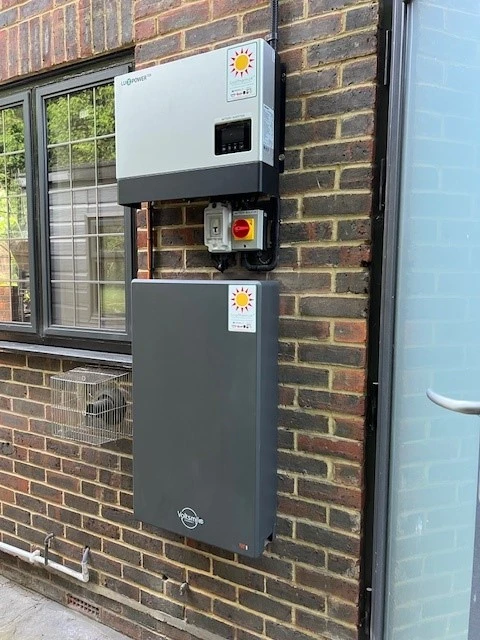
What does a solar inverter do?
In a household system, the inverter for solar panels can perform several functions which include converting the electricity from DC to AC. The solar energy inverter can also increase the voltage of the electricity generated to ensure it is at an efficient level for the grid. The solar energy inverter can also assist with monitoring your system and act as a communication portal with a computer to provide data about performance.
If you are using battery technology as part of your solar PV system then you will need to ensure you have a compatible off-grid solar inverter or hybrid solar inverter depending on how your system is set up. Advanced inverters are advisable for solar panel battery storage systems so they can cope with any outages from the grid, therefore you should investigate hybrid inverter solar use to get the right inverter for your system if you have battery storage.
How long do solar inverters last?
A solar PV system can typically last 20 to 30 years but inverters for solar systems tend to have a shorter lifespan as their components are more prone to ageing. Depending on the solar inverter that you choose it could last 10 to 15 years, so it is likely you will need to replace the inverter at least once during your solar PV system lifespan. Most inverters have a warranty of 5 to 10 years with the option of extending them up to 20 years. However solar panel micro inverters have a longer lifespan of 20 to 25 years.
Download our solar guide
Get our free guide to Solar Panels. The best resource for starting your journey into Solar.
What are micro inverters for solar panels?
Micro inverters for solar panels are smaller inverters that are plugged into each solar panel so you will need many more of these for your solar panel array rather than a single conventional solar inverter. One of the key advantages of micro inverter solar panels is that it isolates each panel connected to them so that they can operate independently of each other. This means if there is a module failure or shading it won’t impact your complete system.
Micro inverter solar panel systems are more expensive to install by approximately 20-30%, but their increased lifetime can be around double that of conventional inverters so they can be more cost effective over the whole system lifespan.
What size solar inverter do I need?
You should select the size of your solar panel inverter based on the size of your solar PV system. It should generally be around about the same as the total capacity of your solar array.
Some installers may advise you to undersize the solar panel inverter due to the expected yield from the panels rather than the capacity of the solar array. This can reduce the cost of the inverter but you need to ensure that you don’t suffer from the electricity being clipped as a result of producing too much, and that you get the optimal performance from your solar PV system. You may also want to consider oversizing the solar panel inverter if you plan on adding to your array in the future so you can build in the additional capacity.
How to choose an inverter for solar panels?
When you are selecting solar inverters and panels you need to consider several factors which can influence the best choice. The choice of panels and size of your solar PV system will impact the inverter you choose – especially the solar inverter size. You will also need to check the compatibility of the inverter with the system you are using, especially if you are including battery storage.
You will also need to decide between conventional string inverters or micro inverter solar panels which can be impacted by cost, location and potential for shading issues. At SolarTherm UK we have a lot of experience working with different inverters for solar panels and we can help guide you through the options and costs of different solar inverters. If you have any questions regarding solar inverters or solar in general, get in touch with us on the form below, email us, or give us a call on 01268 552868

